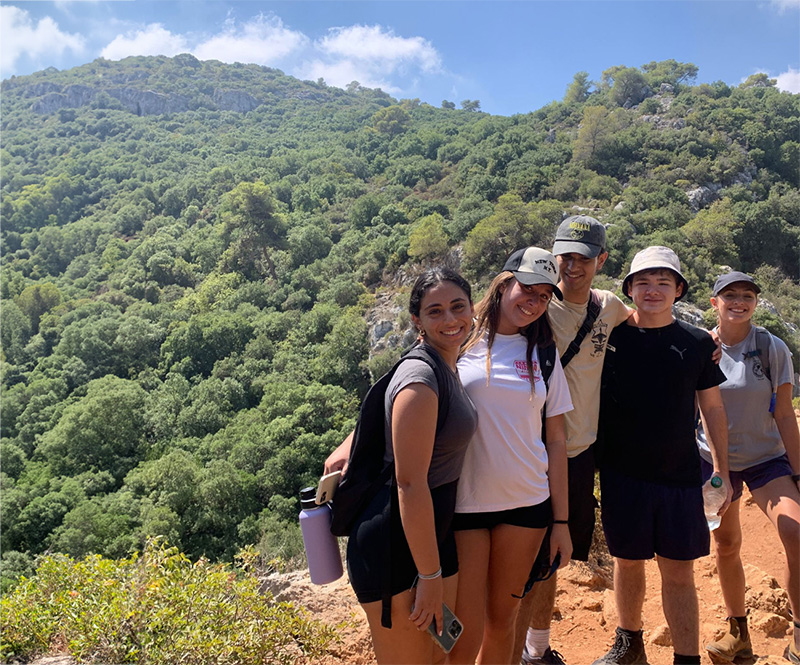A revered philosopher once came to visit Rabbi Israel Baal Shem Tov. The philosopher asked, “Rabbi what does it feel like to have bitachon (faith or confidence) in G-d?” The Baal Shem Tov responded, “What is it to you?” The philosopher began expounding upon the idea with a lengthy discourse. He journeyed through the opinions of some of the greatest sages from Talmudic times and into the present era; displaying his vast knowledge of all the various opinions. Finally he concluded, “So Rabbi, what is it to you?” The Baal Shem Tov took a deep breath. Clearly overcome with a sense of warmth and love, he said, “It is the feeling I had as a baby being held in my mother’s arms.”
We’ve just concluded the High Holidays; an intense period of introspection and judgment. We fasted on Yom Kippur hoping to be cleansed of our transgressions and to be sealed for a good year to come. We wore white, confident that our Heavenly Father would look upon us with compassion. Certain that our prayers were answered, we shift from that intense mode to a mode of love and embrace in the Sukkot festival.
During Sukkot, the Jewish people build and dwell in temporary huts, known as Sukkot. According to Jewish law, a kosher sukkah must have at least two and a half walls. The mystics see a connection here to the arm. There is one section from the shoulder to the elbow, another section from the elbow to the wrist, and a half section from the wrist to the fingertips. The sukkah is a divine hug. Like the feeling that a baby has in its mother’s mothers embrace where it doesn’t necessarily know how everything will be ok – is ok – but just senses that such is the case; the embrace of the sukkah reminds us that while we might not understand how, there is a knowledge deep inside that reassures us that all is well. We are watched over and protected.
As we enter the warm embrace of our Heavenly Father with the confidence we carry from the High Holidays that we will receive our sustenance for the upcoming year, we are also reminded to keep our priorities straight. Earthly materials are fleeting like the temporary structure of the sukkah. Nothing material can trump time spent together with our family and friends, connecting to our tradition that beckons us to live deeper and more intentionally. There is no greater joy than this. Thus, three times the Torah reminds us to be joyous on Sukkot; more than any other holiday. May we merit a truly joyous festival surrounded by loved ones.
Chag Sameach
– Rabbi Liad Braude


















